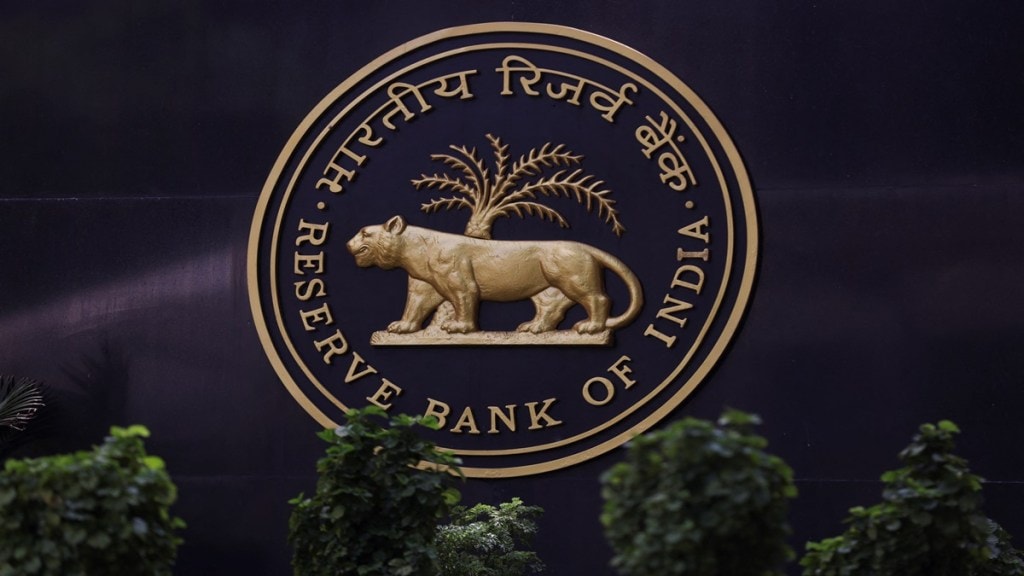From next year, banks and NBFCs cannot levy pre-payment charges on business loans to individuals and MSEs on foreclosure. While borrowers are relieved, the RBI decision could see lenders shifting towards fixed rate products where such charges are allowed, explains Kshipra Petkar
l What is a pre-payment charge?
PRE-PAYMENT CHARGES, ALSO known as foreclosure charges, are fees imposed by lenders when a borrower replays a loan, either partially or fully before the scheduled end of the loan tenure. Lenders earn money through the interest payments during the loan. If a borrower repays it earlier, then the lender loses out on future interest income, and could also face reinvestment risk, among others. So, in order to compensate for this loss, lenders charge a pre-payment fee.
l New RBI norms
THE NEW NORMS are applicable to all floating rate loans. For all business loans to individuals and MSEs, commercial banks [excluding Small Finance Banks (SFB), Regional Rural Banks (RRB) and local area banks], Tier 4 primary (urban) co-operative banks, NBFCs-UL), and AIFIs cannot levy pre-payment charges. Also, SFBs, RRBs, tier 3 primary (urban) co-operative banks, state co-operative banks, central co-operative banks and NBFCs-ML cannot levy pre-payment charges on loans up to Rs 50 lakh.
l How are the guidelines different?
EARLIER, THE PRE-PAYMENT charges were barred only for individuals with floating rate loans for non-business purposes. The applicability or otherwise of pre-payment charges must be disclosed in the sanction letter and loan agreement, this was not uniformly enforced earlier. Earlier, some lenders had lock-in periods barring pre-payment; now there is no lock-in period and borrowers can pre-pay any time. In the extant rules, pre-payment charges often applied if the loan was re-financed; but now no charges are allowed, even if the pre-payment is through re-financing. For dual or hybrid loans, if loans are in floating rate phase, then the pre-payment charge ban applies. Regulated entities are now barred from reinstating waived charges or applying undisclosed fees. The rules are for loans sanctioned or renewed on or after January 1, 2026.
l Rationale behind the RBI decision
THE RBI’S SUPERVISORY reviews revealed that regulated entities including banks and non-banking financial companies had inconsistent policies on pre-payment charges.
While some lenders levied penalties, other waived them which caused confusion and a lack of transparency. Some lenders even had contractual barriers that did not allow borrowers from switching lenders, either for availing lower rates of interest or
better terms of service. They were also unaware of these hidden charges or restrictive clauses in loan agreements that penalised early repayment. This led to customer grievances and disputes. In the case of micro and small enterprises (MSE), the RBI has said that the availability of easy and affordable financing to these entities is of paramount importance.
With the final guidelines in place, the banking regulator has provided a standardised approach towards lending across the industry. In its Statement on Developmental and Regulatory Policies dated October 9, 2024, the RBI had pointed out the
need to bar foreclosure charges levied on loans extended by the regulated entities to MSEs. Following this, a draft circular in this regard was issued on February 21, 2025, for public consultation.
l Potential impact of the relaxed rules
THE INITIAL IMPACT of the guidelines is expected to be limited, industry experts said. However, lenders that provide longer tenure floating rate loans are likely to be significantly impacted with the borrower now able to close the loan midway without any penalty charges. There could also be some change in business models as prepayment charges often help offset high customer acquisition costs, especially in areas where early refinancing is seen. A few lenders also said that there could be a shift towards fixed rate products. Under fixed rate structures, lenders can price loans with more certainty and continue charging pre-payment penalties which will help them recover the costs.

